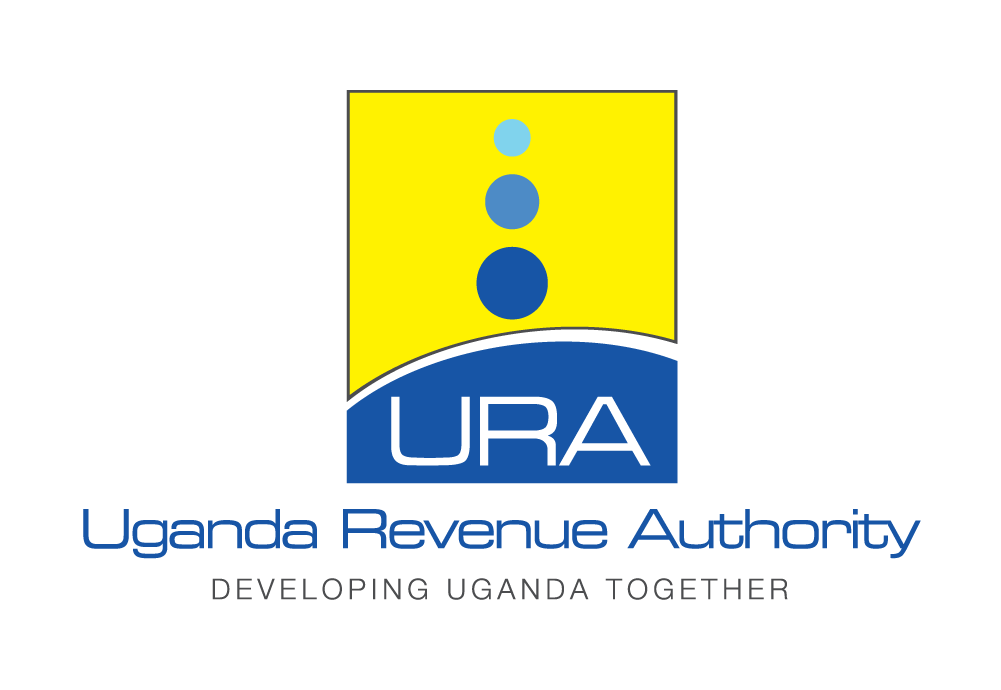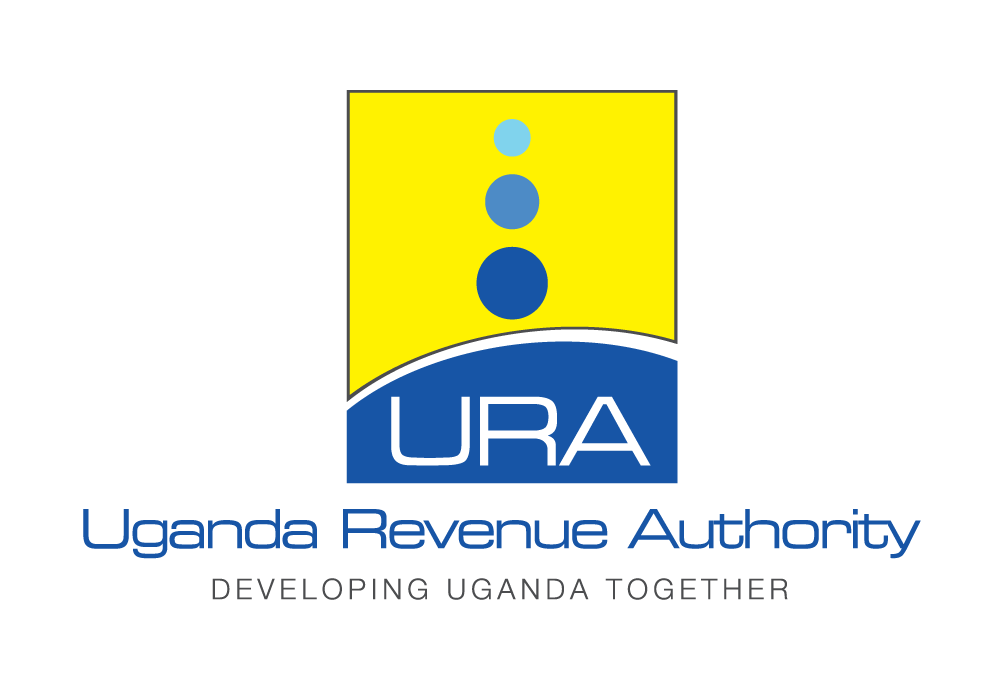Container Freight Stations are extensions of the Port which are licensed by the Commissioner of Customs for the purpose of storage and clearance of goods and to ease congestion at the Port.
How are containerized motor vehicles handled under SCT?
They are consigned to a general goods bonds and NOT a motor vehicle bond where stripping is carried out to remove the motor vehicles from the containers.
How are re-exports to Partner States handled under SCT?
Step by step process (Currently working in Rwanda and Burundi ONLY, pending development in the other three (03) Partner State systems in Kenya, Tanzania and Uganda.)
- The Agent presents the purchase documents/ sales contract and a copy of the IM7 to the bond
- Bond officer generates a manifest with as per the documents presented by
- Bond officer issues the manifest to the clearing agent to enable capturing of an SCT declaration in the country of
- The agent includes manifest number in SCT declaration that is generated in the destination country
- SCT declaration is released in the destination country and transmitted into URA ASYCUDA system
- Bond officer assesses the declarations, confirms the declaration and uploads a verification
- Bond officer generates a cargo movement document (C2) and issues it to
- Cargo is flagged
- Customs officer at the border ‘exits’ the consignment upon arrival at the exit
Do SCT Clearance procedures cater for cross-border trade?
A: No, SCT clearance procedures do not cater for cross border trade. These are verified and processes on arrival at internal border stations. These are cleared under the simplified trade regime on arrival at internal border stations.
Do SCT Clearance procedures cater for bus cargo?
No, SCT clearance procedures do not cater for cargo carried in buses from Partner States. The cargo will either be declared at the border stations of entry or Central Bus Terminal in Nakawa.
What happens if a client imports a motor vehicle alongside some few goods (inside the motor vehicle)?
The agent is required to capture two (02) separate entries; one entry for the motor vehicle (either a WT8) or an IM4) and another one IM4 for the goods. Both entries should be inspected accordingly.
Goods declared under a WT8 entry move through the Partner State using the Regional Guarantee Bond while goods declared on IM4 pay taxes while still at the first points of entry.




No Comments yet!